Reduce intermediaries and connections in teacher recruitment
With the two-level local government organization model, the Ministry of Education and Training has just issued new guidelines on the authority and responsibility for recruiting and transferring teachers. Deputy Minister of Education and Training Pham Ngoc Thuong said that the Ministry aims to reduce intermediaries and focal points in recruiting and using teachers.
Accordingly, the Department of Education and Training is assigned to take the lead in implementing the provisions of the Law on Teachers, relevant legal provisions and decentralization of the Provincial People's Committee regarding the recruitment, reception, mobilization, secondment and transfer of teachers, educational institution managers, civil servants and employees in public educational institutions in the province.
Mr. Pham Tuan Anh, Deputy Director of the Department of Teachers and Educational Managers (Ministry of Education and Training), said that the position and role of the Department of Education and Training have now been strengthened according to Decree 142/2025/ND-CP of the Government and Circular 15 recently issued by the Ministry of Education and Training.
Accordingly, the Department of Education and Training is assigned the authority to recruit, manage, use, promote, train, foster and evaluate the entire team of teachers, managers, civil servants and employees in public educational institutions in the province and centrally-run city.
This is an adjustment associated with the direction of strengthening industry management and state management of professional management. These conditions also require proactiveness and flexibility in the implementation and performance of tasks of the Departments of Education and Training.
"To ensure effectiveness, the Departments of Education and Training need to proactively propose and advise the Provincial People's Committees to specify the authority of the contents, ensuring effective and smooth implementation at the local level," Mr. Tuan Anh noted.
Mr. Nguyen Van Hieu, Director of the Department of Education and Training of Ho Chi Minh City, shared that the lack of teachers is the most common problem that wards and communes in the area are facing at present, along with difficulties and obstacles in recruitment. According to Mr. Nguyen Van Hieu, currently, there is still a problem of unclear decentralization in recruitment.
"This is not about giving power to the Department of Education and Training or to wards and communes; it is necessary to share the work in the most convenient way. If this is not clear, then using, mobilizing, and rotating teachers from one ward or commune to another will be a difficult problem in the future," said Mr. Hieu.

Students of Hanoi National University of Education at the graduation ceremony (Photo: Nguyen Lien)
Increase attraction
In the 2024 admission season, many pedagogical majors have a benchmark score of 28 or 29 points. To be admitted, students must achieve a minimum score of 9 to nearly 10 points per subject. At Hanoi National University of Education, there are 8 pedagogical majors with benchmark scores above 28, candidates must achieve a threshold equivalent to 9.5 points per subject. In particular, the History and Literature Pedagogy major of this school has a benchmark score of 29.3, meaning that candidates must achieve a minimum score of 9.8 per subject to be admitted.
Although the benchmark scores were high last year, the "heat" to enter teacher training colleges this year continues to increase. In the 2025 enrollment period, Hanoi National University of Education has nearly 17,500 candidates registered to take the competency assessment exam, an increase of nearly 6,000 candidates compared to 2024. Ho Chi Minh City University of Education has attracted nearly 30,000 candidates to take the exam.
According to the Ministry of Education and Training, one of the levers that creates the attraction of the pedagogical industry is the policy of supporting living expenses and tuition fees according to Decree 116/2020/ND-CP regulating the policy of supporting tuition fees and living expenses for pedagogical students. This Decree stipulates that pedagogical students are supported by the state with tuition fees equal to the tuition fees charged by the teacher training institution where they study. At the same time, students are supported by the state with 3.63 million VND/month to cover living expenses during their time studying at the school.
In addition, when the Law on Teachers was passed by the 15th National Assembly, effective from 2026, with the decision that teachers' salaries are ranked highest in the administrative career salary scale system, the pedagogical sector has really received attention, increasing its appeal even more. This policy is considered to solve many problems in education such as helping teachers feel secure in their profession when they have a good income.
Associate Professor Dr. Tran Thanh Nam, Vice Principal of the University of Education (Vietnam National University, Hanoi), commented: The benchmark scores for some Pedagogical majors in 2025 are likely to increase compared to 2024. According to the predictions of some experts, the benchmark scores for majors such as: Mathematics Pedagogy, Physics Pedagogy, Chemistry Pedagogy at Ho Chi Minh City University of Education, Saigon University, Quy Nhon University, Hue University of Education, Hanoi University of Education, Hanoi University of Education 2... may be higher than last year by 0.5 points or more.
Source: https://phunuvietnam.vn/nhieu-don-bay-chinh-sach-diem-chuan-nganh-su-pham-du-bao-tang-manh-20250813140045741.htm



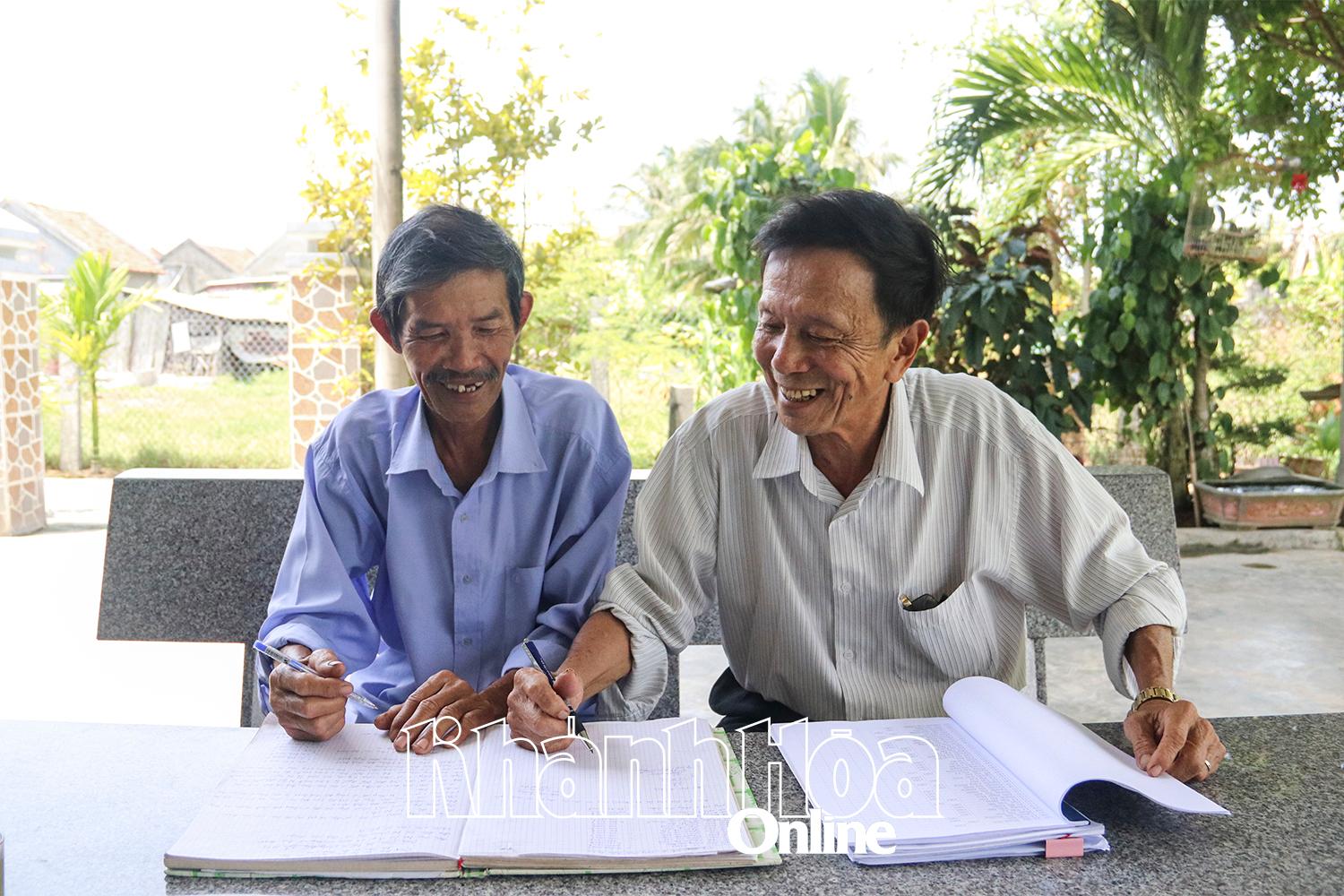

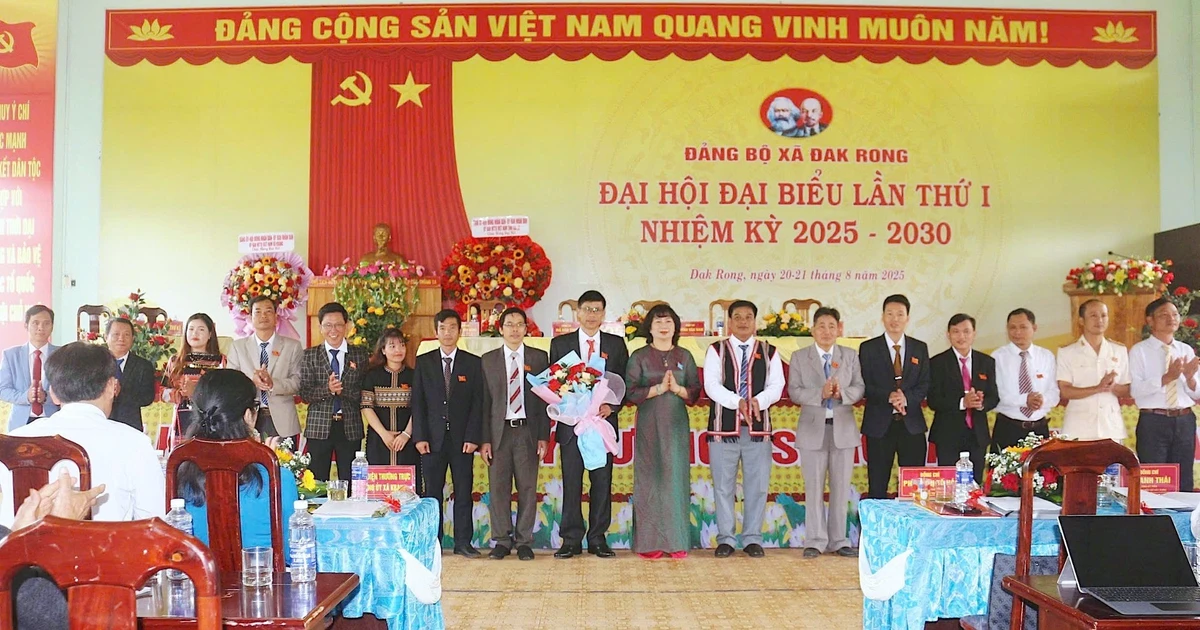
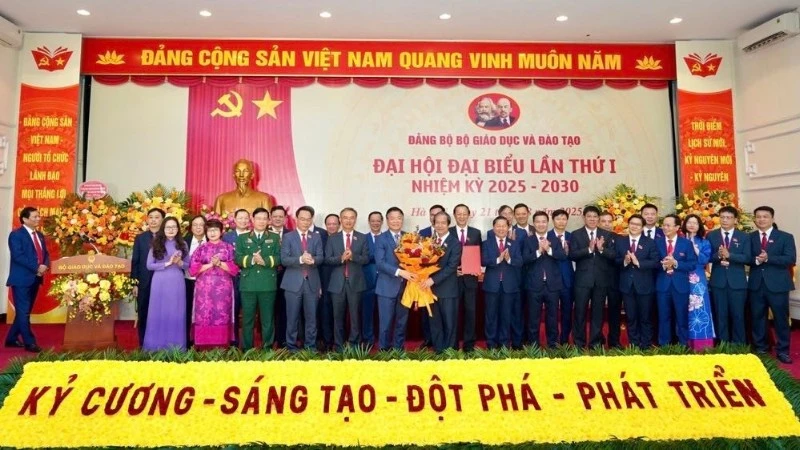

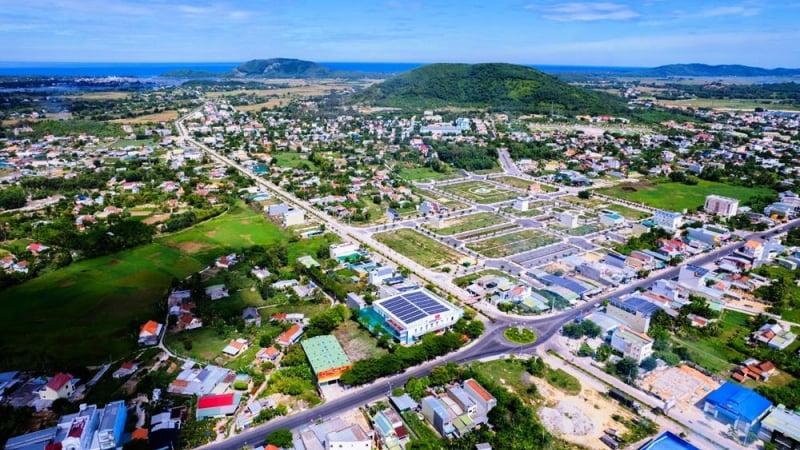
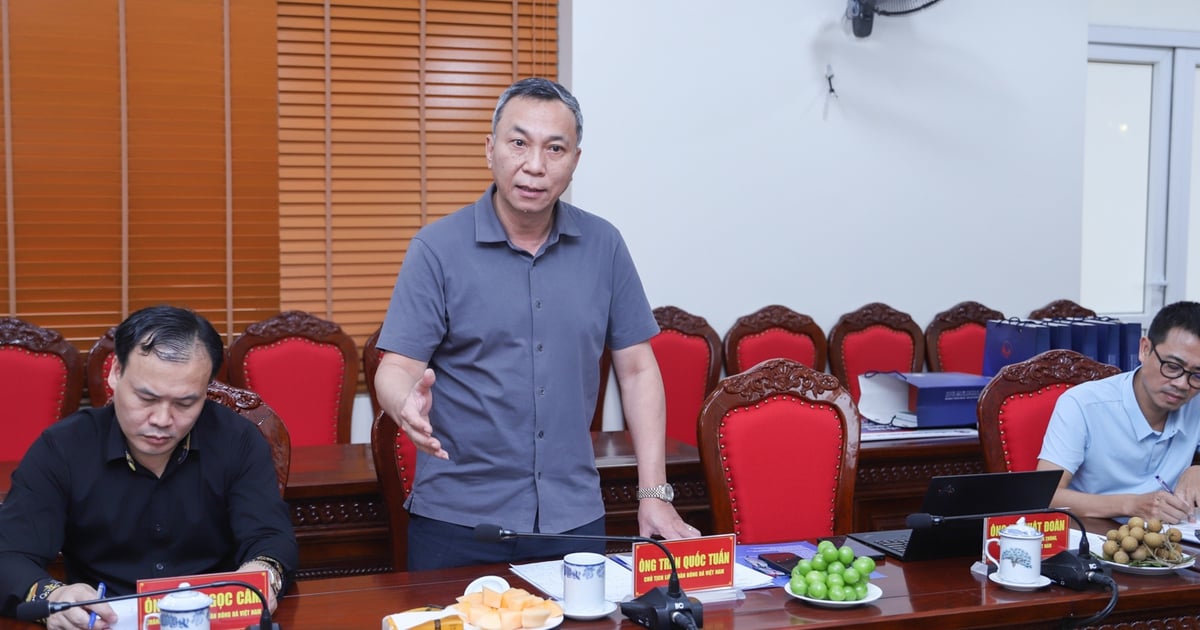

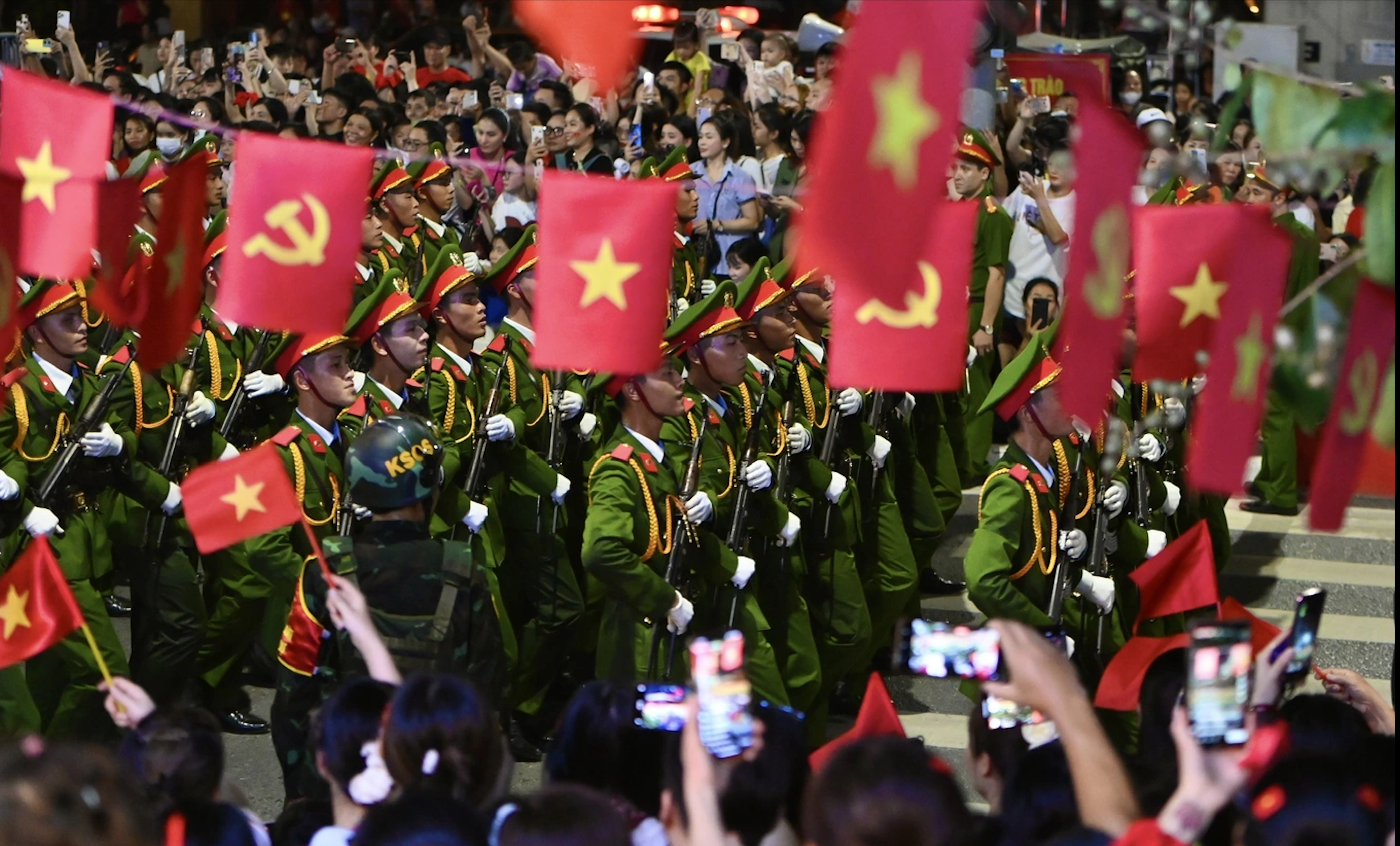













![[Photo] An Phu intersection project connecting Ho Chi Minh City-Long Thanh-Dau Giay expressway behind schedule](https://vstatic.vietnam.vn/vietnam/resource/IMAGE/2025/8/21/1ad80e9dd8944150bb72e6c49ecc7e08)





































![[Photo] Politburo works with the Standing Committee of Hanoi Party Committee and Ho Chi Minh City Party Committee](https://vstatic.vietnam.vn/vietnam/resource/IMAGE/2025/8/21/4f3460337a6045e7847d50d38704355d)
































Comment (0)